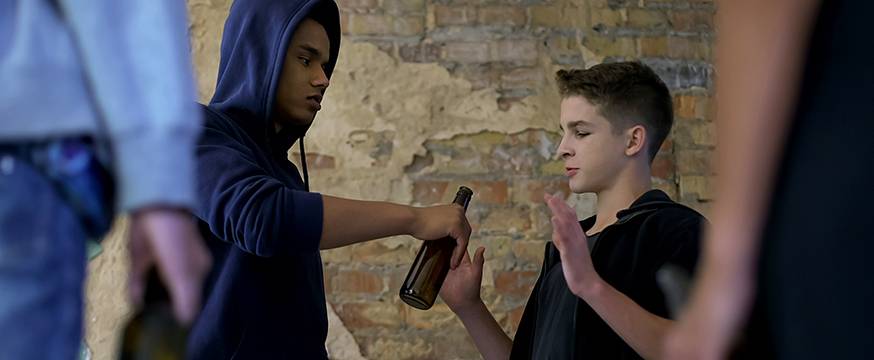
Challenging student attitudes toward risky behaviour
Research 18 Jul 2019 4 minute readKatherine Dix describes the pilot of Australia’s first social norms-based drug and alcohol program for secondary school students.
The Australian Council for Educational Research (ACER) was commissioned by Life Education to help explore the viability of using a social norms approach to drug and alcohol education in secondary schools.
The social norms approach aims to prevent risky behaviours by correcting individuals’ misperceptions about the attitudes and behaviours of their peers, closing the gap between perception and reality, and thereby reducing the likelihood that they will engage in such risky behaviour.
ACER conducted a literature review of research related to interventions that used a social norms approach to reduce risky behaviours in secondary school students. Based on the findings of this review, Life Education and ACER designed, developed and piloted an alcohol, tobacco and cannabis intervention for students in Years 7 to 10, aptly named Risky Business.
The intervention comprised an 80-minute classroom learning session facilitated by a Life Education educator, with teaching and learning wrapped around a social norms-based online survey, nested in a whole-school approach. Following the learning session, schools were provided with their summarised data and an interactive action planning tool and user-guide to help them understand the areas of concern and develop, implement and review targeted strategies.
At the heart of the approach was a survey that captured student perceptions of their classmates’ behaviours and attitudes about using tobacco, cannabis and alcohol, as well as their own behaviours and attitudes. The anonymous survey was completed in-session by students on their digital device through a carefully engineered approach that stressed the importance of responding honestly. The authenticity of the data and the anticipation of live results were compelling elements designed to add impact.
The program was piloted in two large non-government schools in New South Wales. Eight pilot sessions were conducted involving groups of students in Years 7 to 10, with group sizes ranging from 23 to 222 students. In total, 841 students, along with 22 school staff attended sessions.
In addition to the in-session Risky Business survey and live report, the session also involved other activities to engage students actively in the learning. These included a ‘Snowball survey’ to enable students to practice answering social norm-type questions, activity sheets, a ‘would you rather’ game, Think-pair-share, watching short videos, sense making by contributing to discussion, drawing comparison to their results and national norms, and anonymously posting their own questions and views about what strategies might make a difference in their school.
The pilot revealed the perceived prevalence of risk-taking behaviours was significantly higher than actual behaviour, encouraging students to correct their views about their peers and be less likely to engage in such risky behaviour.
End-of-session feedback from students and teachers and follow up interviews with school coordinators strongly suggest that the project has achieved its aim of challenging attitudes and beliefs. Students reported that completing the Risky Business survey and discussing the live summarised results was the most liked aspect of the intervention.
Completing the survey was an effective and novel tool that strongly engaged students in the learning and encouraged them to think deeply about their behaviours and attitudes to drug and alcohol use. The approach gave students a voice in a safe environment that empowered them as active contributors to the learning.
The Risky Business program provides schools the opportunity to safely engage student voice on the highly sensitive but important topic of drug and alcohol use. The learning session and whole-school approach act as change-agents to help ensure that the program will achieve its aims of raising awareness, confronting misconceptions and having a positive impact on the school community.
Based on the success of the pilot, Life Education is now exploring options for refining the program and extending the pilot to a larger number of schools in partnership with ACER.